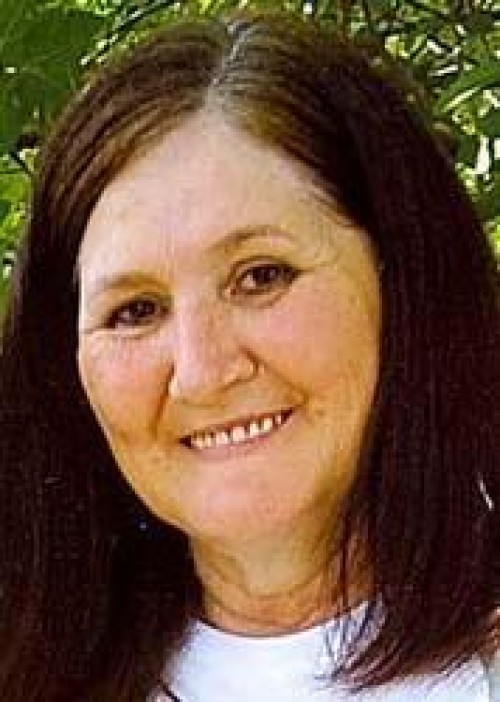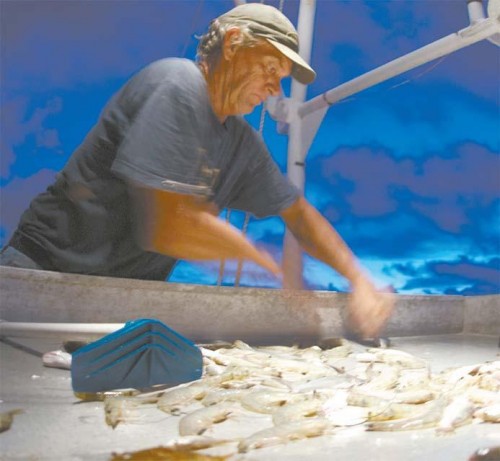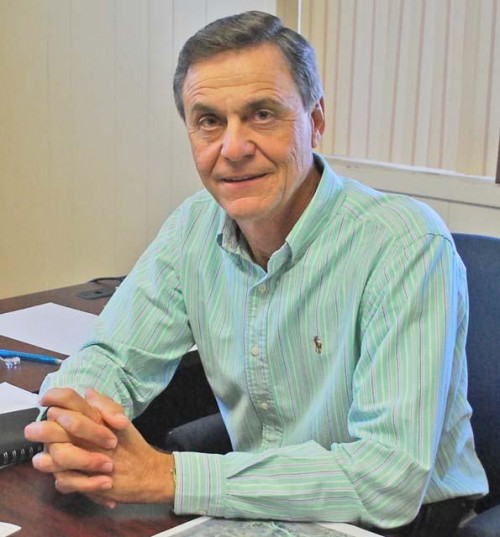
Edna Stewart
March 15, 2011
Is Our Seafood Safe?
March 17, 2011A few days into his sixth decade, Ted Falgout has spent most of his life chiseling and representing a fresh perspective, a one-of-a-kind view on the South Louisiana environment that was shaped as the young man embarked on the life of a pioneer.
He was the state’s first marine advisory agent – a liaison between fishermen and university researchers – in the 1970s when the state’s coastal movement began to surface; at the age of 27, he became the first executive director of a fledging jurisdiction that had tried and failed to grasp a hold on the banana-trade industry, the Greater Lafourche Port Commission.
Forty-three years after holding a previously non-existent position, Falgout was informed that he would receive the Governor’s Conservationist of the Year Award on March 19 at the 72nd annual Louisiana Wildlife Federation’s Convention in Alexandria.
Falgout’s first “first” enhanced his already-eco-friendly perspective through dialogue with contrasting populations. As he concurrently worked on attaining a master’s degree in extension education from LSU, his newfound perspective was on his display as he authored his thesis, titled “Commercial Fishermen’s Perceptions on Coastal Zone Management.”
“It was a new term,” Falgout said of coastal zone management. “We had never yet identified the coastal zones in Louisiana. We were just beginning to identify these issues of land loss and pipelines and oil field activity and the lack of the Mississippi River delivering the sediment and all of the problems we were having.”
The inaugural executive director of Port Fourchon – Falgout’s second significant “first” -spent more than half of his life assisting in the development of what is now the nation’s most integral gateway to the Gulf of Mexico’s domestic energy resources.
Armed with a measly $200,000 budget when he begrudgingly accepted the post, Falgout is modest as he acknowledges that he contributed to the three-decade expansion that saw annual expenses escalate to approximately $80 million at the conclusion of his tenure.
“To see it grow to an $80-plus million budget and over 150 companies working out of the port, that expansive time was very rewarding,” Falgout said. “I’d like to think I played some role in that. At the same time, the greatest satisfaction I get, because of my environmental interest, is that the development of this port, certainly it had some environmental implications.”
The growth-induced environmental implications included tangible restoration projects, such as a retainer levee, breakwaters and a ridge on the periphery of the Gulf of Mexico that now serves as a rest stop for South American migratory birds. The port’s growth had also an indirect impact on the coastline’s future as it morphed into a national necessity.
“If we didn’t have oil and gas and we didn’t have Port Fourchon and we didn’t have some very strategic facilities on our coast that were important to the farmer in Iowa and the businessman in the northeast, then they would not be willing to spend millions and perhaps billions of dollars to save coastal Louisiana,” Falgout said. “We’d just wash away. We’d be gone.
“It’s only because we’ve done these things that it’s important to the rest of the country for them to keep us alive and working here in the coast. I think the development of Port Fourchon is one of the key pawns in this chess game of why is it important to save Coastal Louisiana.”
Louisiana’s Conservationist of the Year said the misperception that industry and environment are counterproductive polar extremes was facilitated during the environmental movement in the 1970s.
Instead, the ability of industry and environment to co-exist is important, especially in South Louisiana, a place where securing national funds for restoration projects hinges on what the region can do for the country.
It’s not black and white or cats and dogs, but a mutual existence with a shared priority of protection. Protect the coastline and its habitants’ livelihood, and protect the strategic ports and their robust economic contribution.
“I think everyone, at some level, respects the environment and understands we can’t trash it and destroy it,” he said. “I don’t see industry as the enemy to the environment. I think they’re one in the same. Some of the most environmentally responsible people I know work for the oil and gas company. I think we need to view that differently, other than you’re either on this side or that side. We’re all on the same side now, in the same boat and it’s sinking.”
The South Central Industrial Association of Houma board of directors nominated Falgout for the award and sent a three-page, single-spaced letter recommending him. In the first paragraph, the letter stresses that Falgout struck the right balance between the economy and environment as Fourchon’s executive director.
“Whether while overseeing one of the most important energy ports in the nation or fishing and hunting in the marsh of south Louisiana, Ted has made improving his surrounding environment a personal goal, all while striking the balance between economic development and environmental preservation,” the letter reads.
Falgout served as the first chairman of Lafourche Parish’s Coastal Zone Management Advisory Committee, served on the Governor’s Advisory Commission on Coastal Restoration, Protection and conservation, advocated royalty revenue from the Gulf’s Outer Continental Shelf be dedicated to coastal restoration and infrastructure needs and has been featured in national media.
A life-long outdoorsman, the Larose native spent his youth hunting, fishing and trapping with his father. Falgout became noticeably intertwined with the environment, so much so that when he told a friend he planned to pursue a career as a pharmacist, he was rebuffed.
“I ran this by a friend, and she looked at me and said, ‘You would go crazy being in a pharmacy. You’ve got to be outdoors and in the wildlife,'” said Falgout, as he remembered a time more than 40 years ago.
So in an era when awareness of coastal issues was negligible and compensation for jobs with the Louisiana Department of Wildlife and Fisheries was less than that, Falgout discarded his pharmaceutical ambitions, majored in fisheries biology and nonetheless committed to the career of an outdoorsman.
What he didn’t know was that era was changing through an increased emphasis on restoration. The heightened awareness brought more funds and restoration efforts, but it has also presented the daily stressors of delayed projects, squabbles over right-of-ways and a big-picture idea continuously thwarted by the democratic process.
“When you’re talking about coastal restoration from the 35,000-foot level looking down, everyone supports coastal restoration on that level,” Falgout said. “But when you break it down to being in somebody’s backyard and the impacts to this oyster fisherman or to this shrimp fishery, then you lose support.”
“We lose sight of the big picture when it gets down to the smaller project, and then you have people fight it. As long as that happens, it’s going to be extremely difficult in a democracy like ours where no one takes charge and gets things done to implement very meaningful restoration projects.”
Ted Falgout, the inaugural director of Port Fourchon, will accept the Governor’s Award, Conservationist of the Year on Saturday. Falgout warned that the coastal restoration movement needs the support of the oil industry, environmental groups and private residents in order to attain its goals. ERIC BESSON









